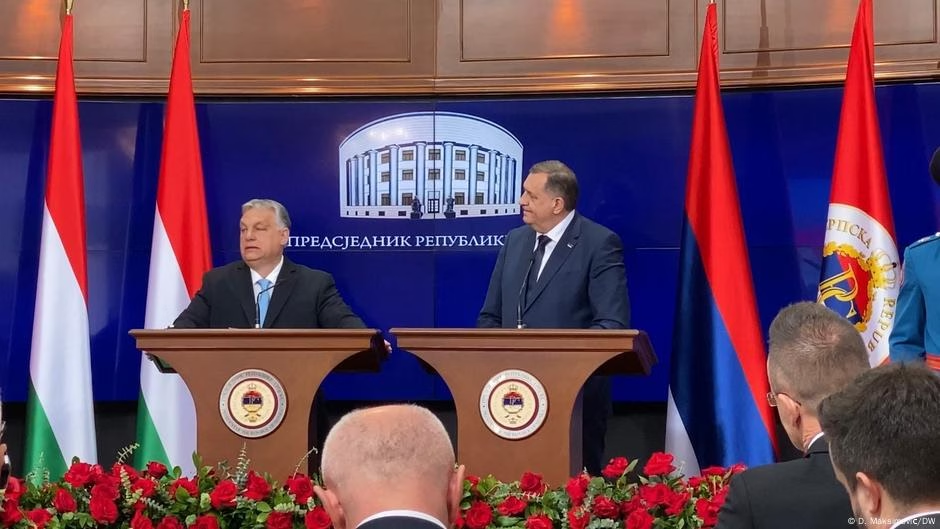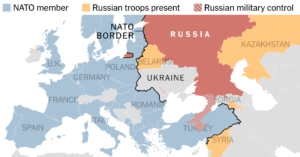Hungary’s Prime Minister Viktor Orban maintains close relations with right-wing populist, authoritarian leaders, and dictators worldwide, including those in Serbia, Turkey, Israel, and Russia. This support has been so extensive that Orban has even assisted some of these politicians in evading legal proceedings in their own countries.
For instance, in 2018, Hungary helped Nikola Gruevski, the former Prime Minister of North Macedonia, escape from imprisonment for corruption, offering him asylum. Similarly, in 2024, Hungary’s embassy in Brazil provided refuge to Brazil’s ex-President Jair Bolsonaro to prevent his arrest.
Orban’s support for authoritarian figures has recently escalated with his involvement in Bosnia-Herzegovina’s political instability. Bosnia issued an arrest warrant for Milorad Dodik, the Bosnian Serb leader, who faces prison for acting against Bosnia’s constitution. To aid Dodik, Hungary temporarily deployed a special police unit to Bosnia without informing local authorities, raising international tensions and security concerns.
Orban’s backing of Dodik and Vucic can be seen as contributing to destabilization in the Balkans, with possible implications for the region’s future, including the potential for renewed conflict. This support also serves Orban’s long-term strategic goals of strengthening his influence within the European Union and asserting Hungary as a regional power in central and southeastern Europe.
Orban’s actions have strained Hungary’s relations with Bosnia-Herzegovina, with Bosnia recently denying a Hungarian military aircraft the right to land. Furthermore, there are calls for Hungary’s exclusion from the EU’s peace mission in Bosnia due to its endorsement of separatist actions.
Dodik’s participation in an international antisemitism conference adds another layer of controversy to Orban’s policies, given Dodik’s history of denying the Srebrenica genocide, which contrasts with international legal verdicts.
Overall, Orban’s alignment with authoritarian and separatist figures raises significant concerns about Hungary’s role in regional and global politics, its impact on democracy and human rights, and its strains on international relations.
Source: https://www.dw.com/en/why-does-hungary-s-viktor-orban-support-serbian-nationalism/a-72065425?maca=en-rss-en-all-1573-rdf








